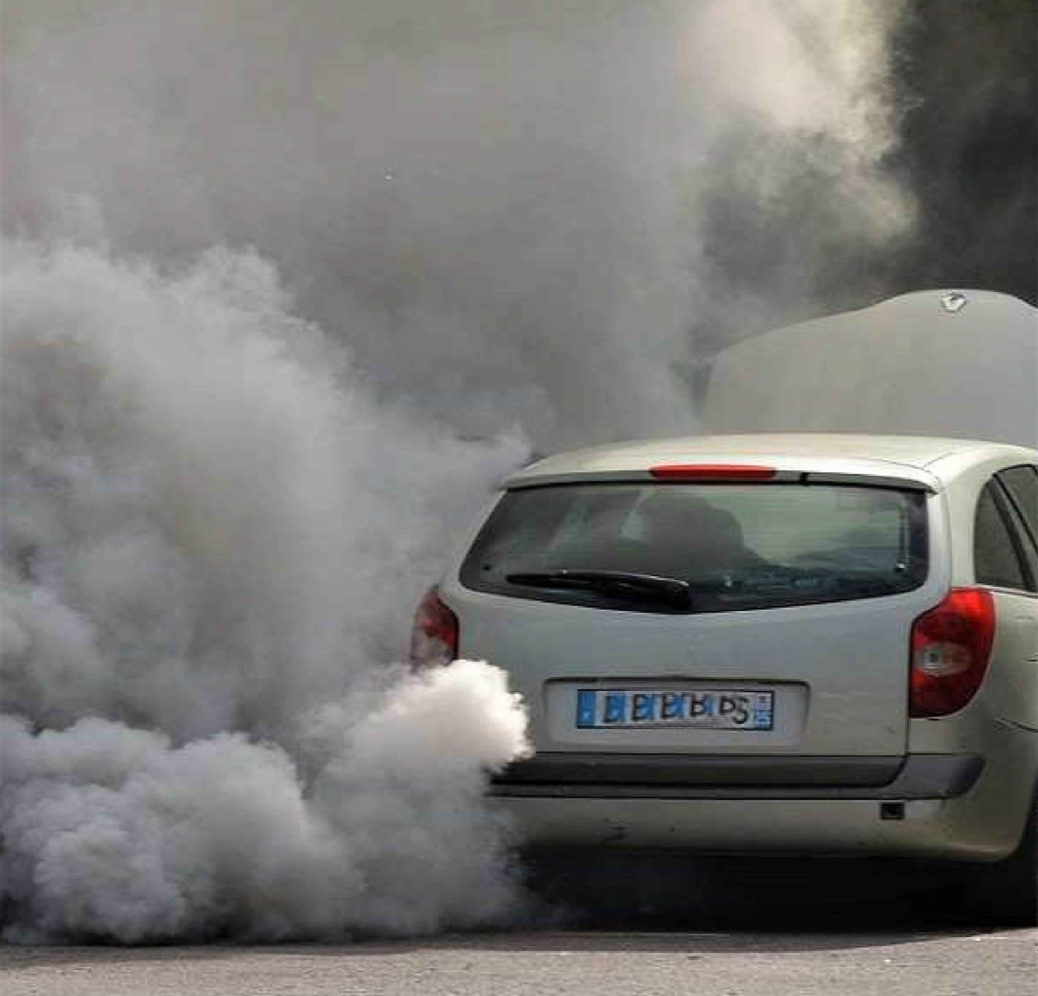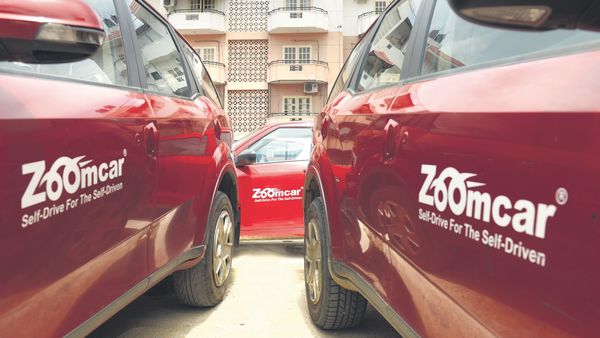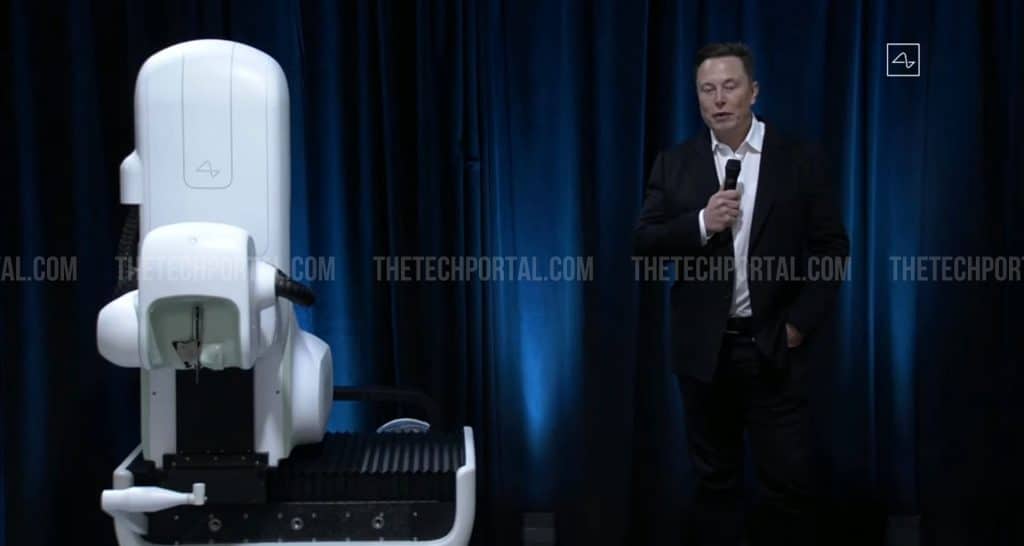By April 2020, India will be upgraded from BS-IV emission standard to BS-VI. The Supreme Court has said that the last date for registration of BS-IV-compliant vehicles is March 31, 2020. Mint analyzes the challenges for the auto industry and what they mean for customers
What is Bharat Stage VI or BS-VI, emission standard?
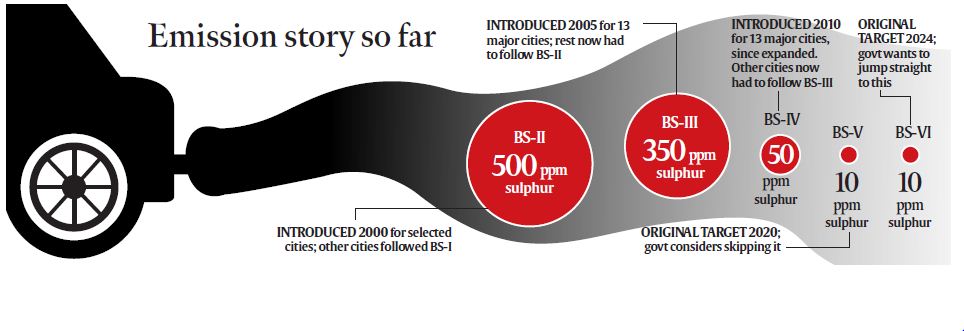
Bharat Stage VI is the most advanced emission standard for automobiles and is currently equivalent to Euro-VI norms in the countries of Europe. India Stage VI will be introduced in India on April 1, 2020. Given the concerns of increasing air pollution levels in India, the central government had decided to leapfrog BS-IV standards directly into BS-VI emission standards from BS-IV norms in 2017. To reduce the pollution of vehicles. Accordingly, the automobile industry was asked to comply with the instructions before the time limit.
How do the vehicles change with BS-VI?
With the introduction of new norms, on-board diagnostics (OBD) becomes compulsory for all vehicles. The OBD unit will be able to identify potential areas of malfunction through the default code stored on the computer, thus ensuring that the refined emission control device, which is fitted in BS-VI vehicle, runs on optimum efficiency throughout the life . Vehicle. For two-wheelers, manufacturers will have to start a fuel injection system, which will be for the first time in India. Under the new norms, the difference in carbon emissions between diesel and petrol engines will be substantially reduced.
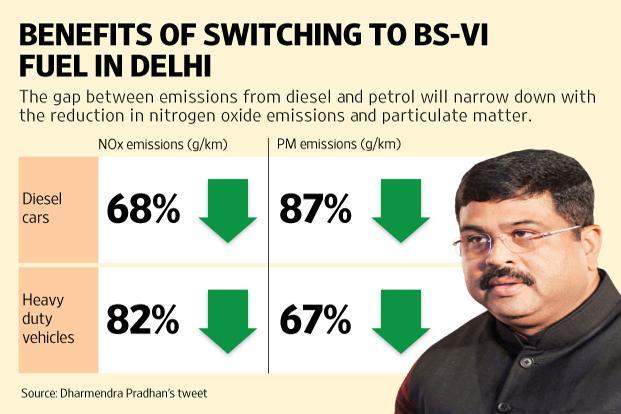
What does this mean for consumers?
BS-VI-compliant vehicles will be more expensive. The price of diesel vehicles and economy-segment motorcycles will increase sharply, which can keep buyers away for some time.
How will the vehicle manufacturers be affected?
Leading auto makers had to increase their investment to upgrade existing models and make them BS-VI-compliant. The number of product launches has declined in the last year. The firm is looking at products that do not require much changes before new norms are effective. Two and four wheeler makers have planned capacity expansion because they expect the demand to fall. Maruti Suzuki India Limited and Hero MotoCorp Limited have been most affected, given that their product portfolio is larger than the competition.
What are the policy-related challenges?
Ministry of Petroleum and Natural Gas told the Supreme Court that vehicles not following the BS-VI standards will not be allowed to ply on Indian roads. It created a big confusion, given that the Ministry of Road Transport and Highways had notified that after the introduction of new norms to auto makers, the BS-IV-compliance vehicles will have three months to finish their stock . The apex court has said that manufacturers will not be allowed to register BS-IV compliance vehicles after March 31, 2020. Media

